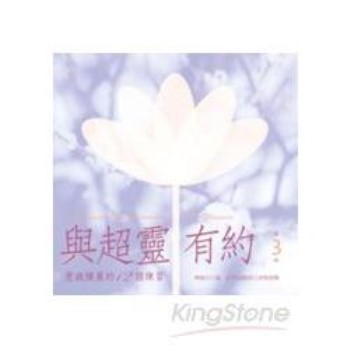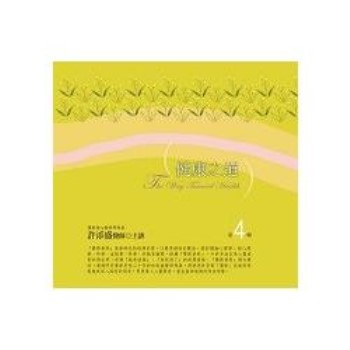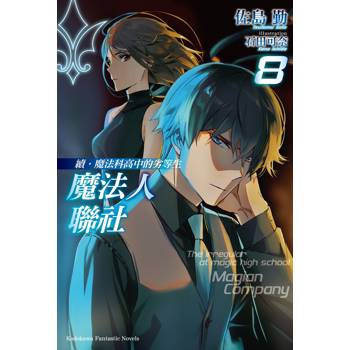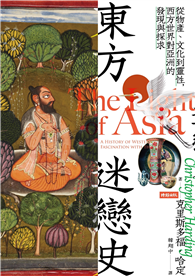Before Dark reflects Martin Anderson’s peripatetic lifestyle of three decades. During a weekend in Paris in 1971, whilst teaching at the University of Grenoble, he met T.T. Wong, a young Chinese artist from Shanghai, and their long discussions cemented his aspiration to go East. English society had, he felt, since he was born into it shortly after the end of World War II, succeeded only in submerging his nose in the effluvium of a squalid sewer of class discriminations, so the time was more than ripe for him to bid farewell to the UK. Arriving, eventually, at the University of Hong Kong where T.T. Wong’s letter of introduction to a young Dostoevsky scholar heading a department had directed his feet, Anderson discovered that it was an institution where the ancien régime (Terms of Service finely calibrated to reflect skin pigmentation...) was firmly entrenched. After a good number of years he moved still further east, to Manila and the University of the Philippines. Through all these years, and the first few years of his return to the UK, the poems of Before Dark were written, along with the prose The Hoplite Journals, described by the novelist James Hamilton-Paterson as "enter[ing] that select pantheon of books to travel with, a vademecum ... A most remarkable achievement."
The late American poet, Gustaf Sobin, in the early 1980s, identified Anderson’s poetry - then appearing in initial issues of Shearsman magazine - as deserving attention: "Great purity and acuity, and a perfect ear. A wonderful poet". More recently Steve Spence commented that Anderson’s collection A Country Without Names (2022), published by Shearsman Books, "deals in a global manner with all the problems we are facing at the moment. It’s a dark testament but a terrific book." And the Texas-based Canadian poet David Wevill has observed: "A profound book. Moral, not moralizing. Intense ... A masterpiece."| FindBook |
有 1 項符合
Before Dark: Collected Poems的圖書 |
 |
Before Dark: Collected Poems 作者:Anderson 出版社:Shearsman Books 出版日期:2025-01-17 語言:英文 規格:平裝 / 414頁 / 22.86 x 15.24 x 2.34 cm / 普通級/ 初版 |
| 圖書館借閱 |
| 國家圖書館 | 全國圖書書目資訊網 | 國立公共資訊圖書館 | 電子書服務平台 | MetaCat 跨館整合查詢 |
| 臺北市立圖書館 | 新北市立圖書館 | 基隆市公共圖書館 | 桃園市立圖書館 | 新竹縣公共圖書館 |
| 苗栗縣立圖書館 | 臺中市立圖書館 | 彰化縣公共圖書館 | 南投縣文化局 | 雲林縣公共圖書館 |
| 嘉義縣圖書館 | 臺南市立圖書館 | 高雄市立圖書館 | 屏東縣公共圖書館 | 宜蘭縣公共圖書館 |
| 花蓮縣文化局 | 臺東縣文化處 |
|
|
圖書介紹 - 資料來源:博客來 評分:
圖書名稱:Before Dark: Collected Poems
|











